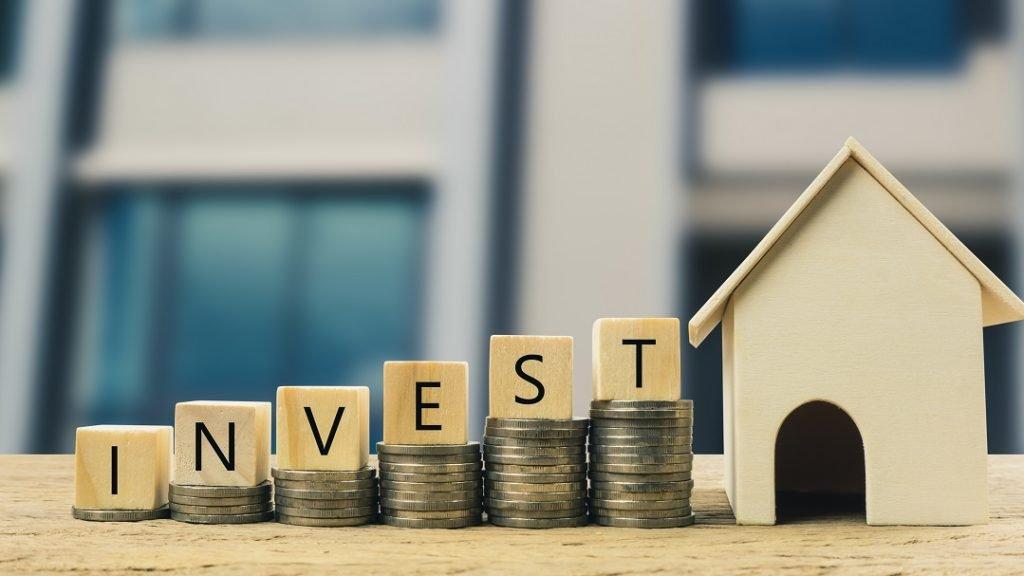The continuous plunge in Naira value against global counterparts has made saving in US Dollars, US Dollar investments and earning in United States Dollars attractive to Nigerians and citizens of other import-dependent emerging economies.
In the last 18 months, Naira was devalued four times from N306/US$1 to the current Central Bank of Nigeria’s exchange rate of N410/US$1. However, Nigerian economic structure coupled with limited foreign revenue generation has created chronic dollar scarcity that made access to US Dollar at N410 impossible for most Nigerians and businesses that operate in the country.
This means, most Nigerians are forced to patronise the parallel market, popularly known as the black market, to exchange their hard-earned Naira or foreign currencies at much higher rates. A situation that has eroded the profitability of businesses, escalated the inflation rate, dragged on new job creation and weighed on consumer spending.
Currency experts have said Naira’s true exchange rate to American Dollar is at over N550 and it is inevitable given the mono-product nature of Africa’s largest economy. It means Naira will decline further, and subsequently, affect your future return on investments and business decisions.
Therefore, Investors King has put together how to navigate Naira uncertainties by saving, investing and earning in US Dollars while living in Nigeria.
How to Save Money in US Dollars in Nigeria
There are several ways Nigerians can save money in US Dollars, one of such ways, is to open a US Dollar (note that you can also open A Euro, Pounds Sterling) domiciliary bank account in any Deposit Money Bank in the country, exchange your Naira to US Dollar at the black market and save the exchanged US Dollar in your Domiciliary Bank Account.
While this is a conventional method, it is stressful and exposes one to all kinds of risk given that the black market is not regulated and usually conducted in the open.
However, the advent of Financial Technology (fintech) companies have helped ease the process and one can now save in US Dollars without visiting the black market or leaving the comfort of his/her home.
Companies like Trove Technologies Limited, Chaka Technologies Limited, Rise and Bamboo allow Nigerians to deposit in US Dollars from their Naira bank account.
Read about Securities and Exchange Commission regulatory issues with investment platforms.
Each of the platform quote Naira-US Dollar exchange rate for buying (exchanging Naira to US Dollar) and selling (exchanging US dollar to Naira) daily. With this, a potential depositor can determine the forex rate he/she wants to deposit.
Here is how to sign up on any of the platforms
Download their mobile application and click on signup. Complete the signup form and send in your identification for verification. Once approved, click dollar deposit and you will be redirected to the Naira-US dollar exchange rate and ask to transfer Naira from your Nigerian bank account to a designated bank account. The quoted rate will be used to credit your account in US dollars. The process is the same if you are withdrawing.
Now here is the logic, you can leave your money in US Dollar and wait until Naira decline further against US Dollar to profit from forex differential or start investing in US Dollar on the platform you deposit your US Dollar. To start investing and earn in US Dollar keep reading.
How to Invest in US Dollar in Nigeria
Each of these platforms has a partnership with a US-regulated stockbroker that allows them to offer foreign stocks to Nigerians. They also offer Nigerian stocks, meaning potential investors can trade global and local stocks on their phones with ease.
Therefore, you can learn to trade foreign stocks with as little as $20 dollars while saving simultaneously to give yourself an opportunity to profit from both your investment and Naira decline. The good thing about these platforms is that you can do all these with your smartphone. To learn how to trade foreign stocks, contact us.
Few other platforms, Cowrywise, Afrinvest, Stanbic IBTC, offer US Dollar investment opportunities.
Cowrywise – Dollar Mutual Fund investment
Investors can now invest in Cowrywise Dollar mutual funds called the United Capital Nigerian Eurobond Fund. “You’re probably wondering why it’s called a Eurobond fund when it’s a dollar-based investment option. We’re here to break it down for you,” Cowrywise stated.
Eurobond funds are a type of bond. This type of bond is issued in the host countries currency. A great example is that the Nigerian government can issue a bond that is denominated in dollars to allow foreign investors to have access to them too.
Now you’re probably wondering what a bond is. A bond is an agreement between two different parties. Another great example is that it’s like having a friend borrow from you and payback with a set interest rate. This means a government bond is simply the government borrowing money from the public with the agreement to pay back with a certain interest rate.
How to set up a Nigerian Eurobond investment plan
- Download the latest version of the Cowrywise app on the Playstore or Appstore.
- Signup and create a free account. You can log in after this.
- Tap “Actions”, followed by “Invest in Mutual Funds”.
- Select “Nigerian Eurobond Fund” to invest in.
Afrinvest Dollar Fund
The Afrinvest Dollar Fund is an open-ended mutual fund that Afrinvest invests in Dollar-denominated Securities registered in Nigeria.
The objective of the Fund is to achieve income generation and capital appreciation in the short to medium term for investors with dollars and designed to deliver significantly higher returns than what is obtainable from the average domiciliary account in the local banks. There is free entry and exit for investors subject to the prevailing Fund price.
What are the benefits of investing in the Fund?
- Capital appreciation
- Competitive returns
- Diversified portfolio; and
- Regular and steady income stream.
Minimum Investment Capital
The issue price is $100 per unit but there is a minimum initial subscription of 10 units or US$1000. The minimum holding period is 180 days. This means your investment needs to stay untouched within this period.
Please note that Afrinvest pays interest twice a year and investors are required to convert their funds to USD before accessing the platform.
The projected return is 6 to 7.5% per annum.
To subscribe, click any of the links below to get the subscription form. Email the completed form to aaml@afrinvest.com
Stanbic IBTC Dollar Fund
Stanbic IBTC Dollar Fund is similar to Afrinvest Dollar Fund.
Stanbic IBTC provides currency diversification, income generation, and stable growth in USD. The leading financial institution seeks to achieve this by investing a minimum of 70 percent of investors’ funds in high-quality Eurobonds, a maximum of 25 percent in short-term USD deposits, and a maximum of 10 percenr in USD equities approved and registered by the Securities and Exchange Commission of Nigeria.
Here is Highlight of Stanbic IBTC Dollar Fund
- Stanbic IBTC Dollar Fund (SIDF) was launched in January 2017
- The Fund invests a minimum of 70% of its portfolio in high quality Eurobonds, , maximum of 25% in short term USD deposits and a maximum of 10% in USD equities
- 180 days minimum holding period
- The penalty for redeeming within the minimum holding period is 20% on the accrued income
- The minimum investment amount is $1,000 while additional investment is $500
- It is an open ended Fund
- The risk profile is “Moderately Conservative”
- The expense ratio is 3.5%
- The management fee is 1.5%




 Forex2 weeks ago
Forex2 weeks ago




 Naira1 week ago
Naira1 week ago
 Naira4 weeks ago
Naira4 weeks ago
 Company News4 weeks ago
Company News4 weeks ago






 Naira1 week ago
Naira1 week ago
 Billionaire Watch1 week ago
Billionaire Watch1 week ago




 Naira3 weeks ago
Naira3 weeks ago






 Naira1 week ago
Naira1 week ago












